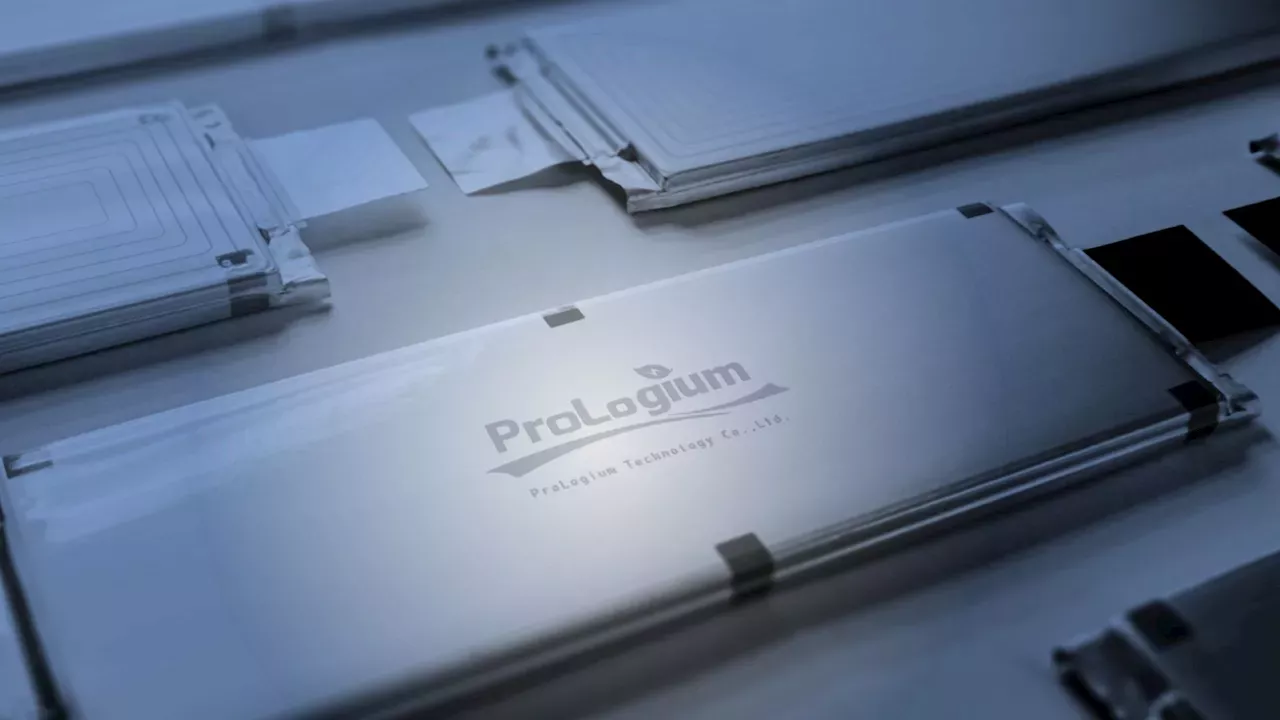Set to go into production later this year, ProLogium's lithium-ceramic battery addresses key concerns of the electric vehicle (EV) market, such as safety, cost of ownership, range, and charging anxiety. As the EV market enters a crucial phase of mass adoption, manufacturers are focused on alleviating customer worries. One major concern is the high cost of EV ownership and longer charging times compared to gasoline-powered vehicles.
With countries planning to phase out gas-powered car sales in the coming years, it's essential for EV manufacturers to address these issues to become the preferred choice for consumers. The battery pack is central to these challenges, and ProLogium's lithium-ceramic battery offers a much-anticipated solution for the EV industry. The company's fourth-generation LCB has an energy density of 380 Wh/kg or 900 Wh/L, enabling EVs to travel farther with a lighter battery pack. Their approach supports bi-cell and thick-film technologies, aiming for 450Wh/kg or 1000Wh/L density next year. This efficient design will also help reduce battery costs while enhancing safety. The LCB uses a non-flammable ceramic separator, even under high heat or voltage. The company has implemented an active safety mechanism (ASM) that automatically activates at high temperatures, preventing thermal runaway. This has been proven in tests where the LCB was exposed to temperatures as high as 572 degrees Fahrenheit (300 degrees Celsius). The ceramic separator delivers three times the thermal conductivity of conventional batteries. Additionally, ProLogium's planar cooling technology reduces reliance on active cooling methods and improves energy efficiency. ProLogium's battery design facilitates heat dissipation even under stressful conditions like high-speed driving. The LCB battery performs equally well in extremely cold temperatures, with 2-3 times the ionic conductivity of standard batteries. This ensures consistent range, even when temperatures drop to as low as minus four Fahrenheit (-20 degrees Celsius). ProLogium states that its LCB can achieve a 60 percent state-of-charge in just four minutes, reaching 80 percent in six minutes. These superior charging times are comparable to refueling a gasoline-powered car, potentially encouraging consumers to switch to greener options during their next purchase
